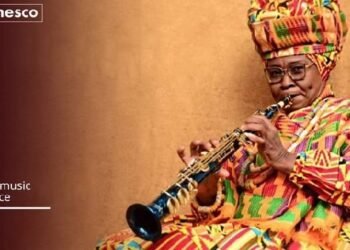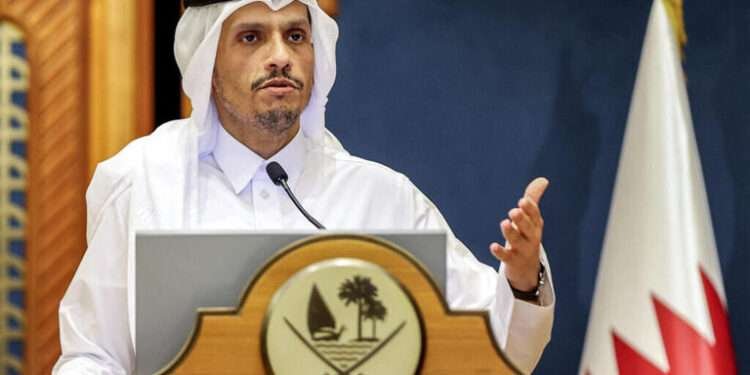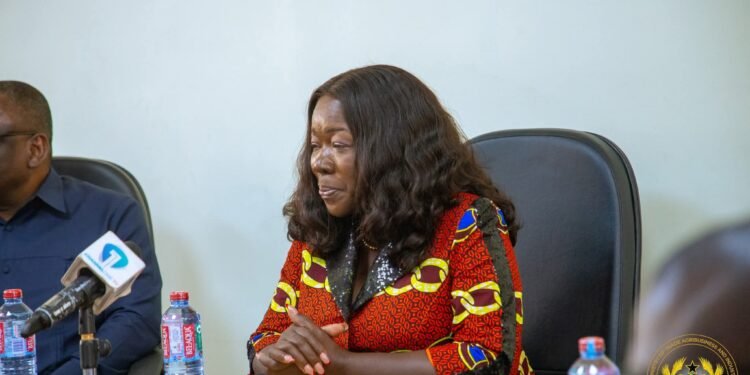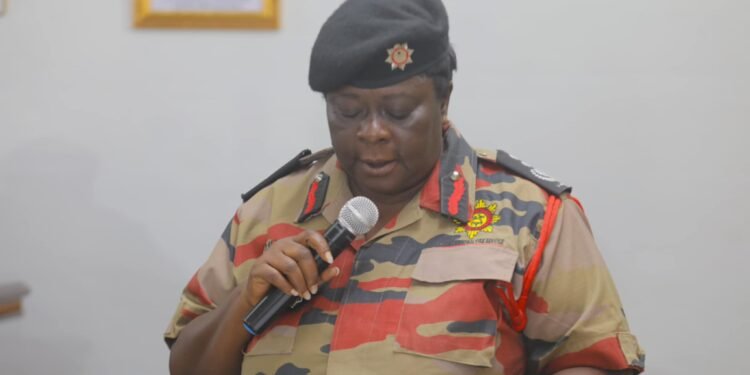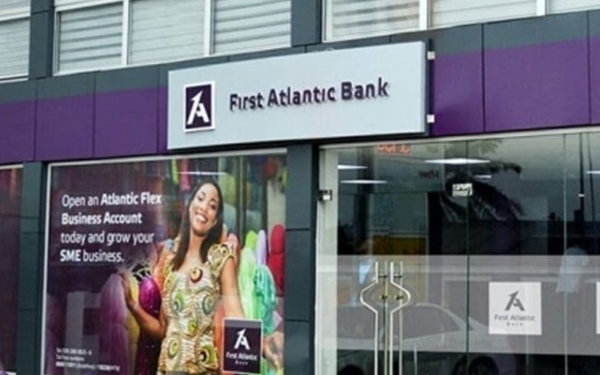The West African music scene has witnessed a remarkable evolution over the past two decades, with Nigeria and Ghana emerging as two of the most influential hubs for musical innovation and cultural exchange.
While both countries boast rich musical heritages, the approaches to promoting their respective music industries reveal stark contrasts.
Ghanaian singer, Joel Ofori Bonsu, popularly known as OliveTheBoy, has stated that Nigerians take more risks to promote their music compared to Ghanaians.
The ‘Goodsin’ hitmaker said that although Ghanaians are improving in their music craft, they need to take more risks in promoting their music.
“I think we are catching up, people are learning a few things. One thing I realized is, I’ve been to Nigeria a couple of times and there is some advice my friends in Nigeria give me, and one of them is to take risks.
“They don’t actually care if I risk my phone to promote my music. But down here, many people cannot do what Nigerians do to promote their music.”
OliveTheBoy
Nigerian artists are known for their willingness to experiment with various genres, blending traditional sounds with contemporary influences.
From Afrobeats to hip-hop, highlife to pop, Nigerian musicians often take creative risks pushing musical genre boundaries. This willingness to innovate not only attracts a diverse audience but also positions them at the forefront of global music trends.
The Nigerian music industry is characterized by significant financial investments in production, marketing, and distribution.
Record labels and independent artists often allocate substantial resources to create high-quality music videos, hire top-tier producers, and engage in extensive promotional campaigns.
Nigerian artists frequently collaborate with international stars, which is a high-stakes gamble. These partnerships either catapult them to global fame or result in financial losses if the collaboration fails.
However, the potential rewards often outweigh the risks, as seen in the successful collaborations between artists like Wizkid, and Burna Boy, and international icons such as Drake and Beyoncé.
Social media has transformed how music is promoted, and Nigerian artists have adeptly leveraged platforms like Instagram, Twitter, and TikTok to reach global audiences.
Nigerian artists often embark on extensive tours, both locally and internationally, to promote their music. These tours require significant investment and entail risks related to logistics, audience reception, and financial returns.
However, the potential for exposure and fan base expansion drives many artists to take these risks.
The Ghanaian Music Industry: A More Cautious Approach

Ghanaian artists tend to prioritize the preservation of traditional sounds and styles, often opting for a more conservative approach to music production.
While this commitment to cultural heritage is commendable, it limits the willingness to take risks in terms of genre experimentation and innovation.
The Ghanaian music industry often lacks the same level of financial investment seen in Nigeria. Many artists operate on tighter budgets, which restrict their ability to produce high-quality content and engage in extensive marketing campaigns.
While collaborations exist in the Ghanaian music scene, they are often less frequent and less ambitious compared to Nigeria. The fear of not meeting expectations or damaging one’s brand deters artists from engaging in high-profile partnerships.
The differences in risk-taking between Nigerian and Ghanaian artists highlight the varying dynamics of their respective music industries.
Nigeria’s willingness to embrace innovation, invest in production, and engage in global collaborations has propelled its music to international prominence. In contrast, Ghana’s focus on cultural preservation and a more cautious approach to promotion limit its global reach.
As both industries continue to evolve, the potential for collaboration and cross-pollination remains. Learning from each other’s strengths and approaches, artists from both countries further enrich the West African music landscape, creating a vibrant tapestry of sounds that resonates globally.
The willingness to take risks in the pursuit of artistic expression and commercial success defines the future trajectories of both the Nigerian and Ghanaian music industries.
READ ALSO: 2024 Polls: CDD-Ghana Fellow Affirms Significance of Honesty and Character to Voters









